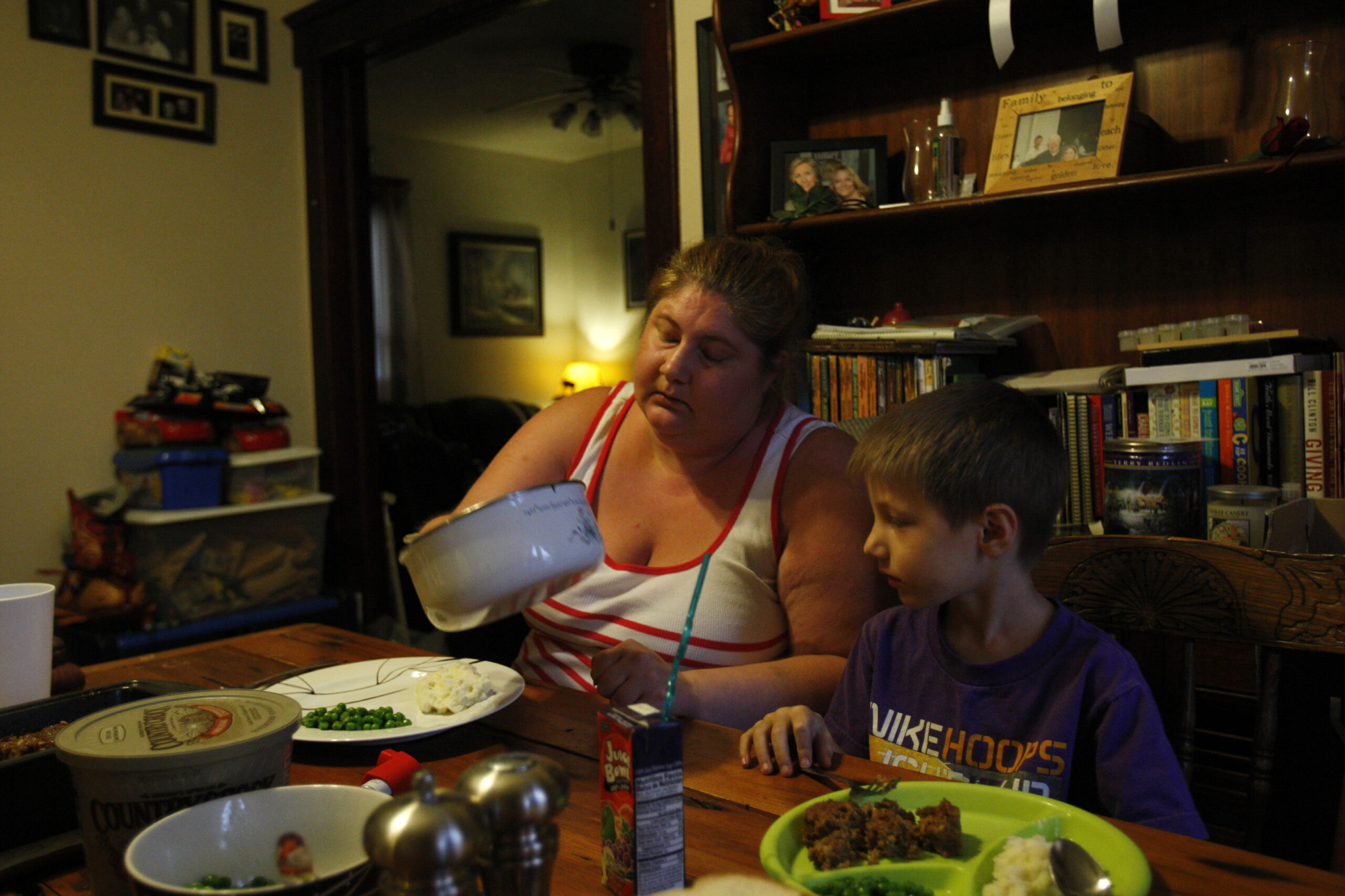Many families across Georgia are grappling with food insecurity challenges as summer sets in. With the school year ending, children who rely on school meals may no longer have access to regular sources of nutrition, placing additional strain on already stretched household budgets.
The summer months often exacerbate food insecurity issues for vulnerable families, as increased utility costs and other seasonal expenses further limit their ability to purchase essential groceries. Additionally, economic uncertainties stemming from the ongoing COVID-19 pandemic continue to impact households, making it even more difficult for some to afford adequate food supplies.
Community organizations and food banks in Georgia are working tirelessly to address the growing need for food assistance during this critical time. They are expanding their outreach efforts and collaborating with local agencies to provide emergency food distribution programs, mobile food pantries, and other initiatives aimed at supporting families in need.
Despite these efforts, many families continue to face challenges in accessing nutritious meals on a consistent basis. The situation underscores the importance of ongoing support and investment in food assistance programs, as well as efforts to address the underlying causes of food insecurity, such as poverty and unemployment.
As summer progresses, it is crucial for communities, policymakers, and individuals to come together to ensure that all Georgia families have access to the food they need to thrive. By working collectively to address food insecurity, we can help alleviate the burden on struggling households and build a more resilient and equitable society for all.

